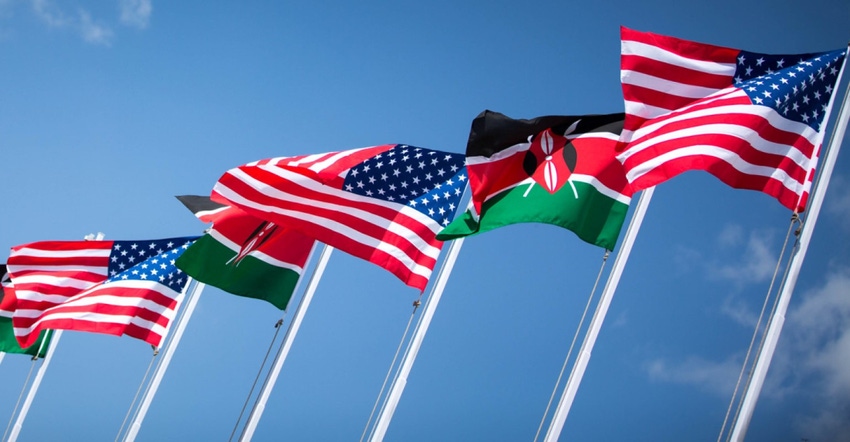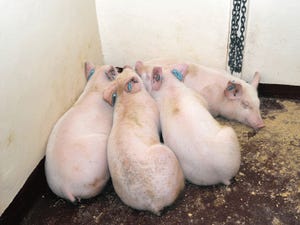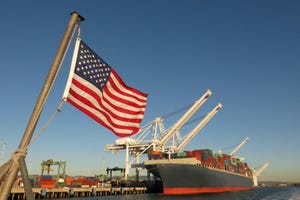If duties eliminated, strong potential for U.S. red meat in Kenya
Biden administration not currently seeking to address tariffs; Kenya's 35% duty rate on imported beef and pork is trade-prohibitive.
September 27, 2022

The U.S. Meat Export Federation recently submitted comments to the Office of the U.S. Trade Representative on the U.S.-Kenya Strategic Trade and Investment Partnership.
Cheyenne McEndaffer, USMEF senior director of export services, says that USMEF highlighted several non-tariff barriers and potential trade obstacles, including concerns about Kenya's burdensome import license system, restrictions on transshipment of products and a lack of clarity on import veterinary drug residue and microbiological standards.
"A couple of years ago, the current administration at the time had started free trade agreement discussions with Kenya that got stalled. We had an administration change, and our current administration has since picked up a trade discussion with Kenya. However, that will not be in the form of a formal trade agreement. This trade partnership will not be addressing any tariffs or quotas, so we'll strictly be focused on other trade facilitation and collaboration measures," says McEndaffer.
"USMEF filed comments with USTR on what we see as priorities. Will there be microbiological or residue standard testing at import clearance? If so, what are those zero tolerances? They can have major trade limiting impact. We have concerns about Kenya's existing import license system. We don't know a lot about it. It's not very transparent. And we, unfortunately, have had the experience in quite a few other countries in which they can use an import license system to severely limit or totally restrict access of certain imported products."
While the Biden administration is not currently seeking to address tariffs under this initiative, McEndaffer notes that Kenya's 35% duty rate on imported beef and pork is trade-prohibitive. Even if other barriers are eliminated, a partnership agreement that does not address high tariff rates is not likely to increase opportunities for U.S. red meat in a meaningful way.
"We can talk to exhaustion about non science based trade barriers, but at the end of the day, having a favorable tariff to work with is really critical to accessing, especially these newer emerging markets," McEndaffer says. "And Kenya, like many countries we export to, is very, very price sensitive. So the current tariffs of 35% are trade prohibitive for this product and will continue to severely limit any opportunity we have in the market in the near term."
Source: U.S. Meat Export Federation, which is solely responsible for the information provided, and wholly owns the information. Informa Business Media and all its subsidiaries are not responsible for any of the content contained in this information asset.
About the Author(s)
You May Also Like



